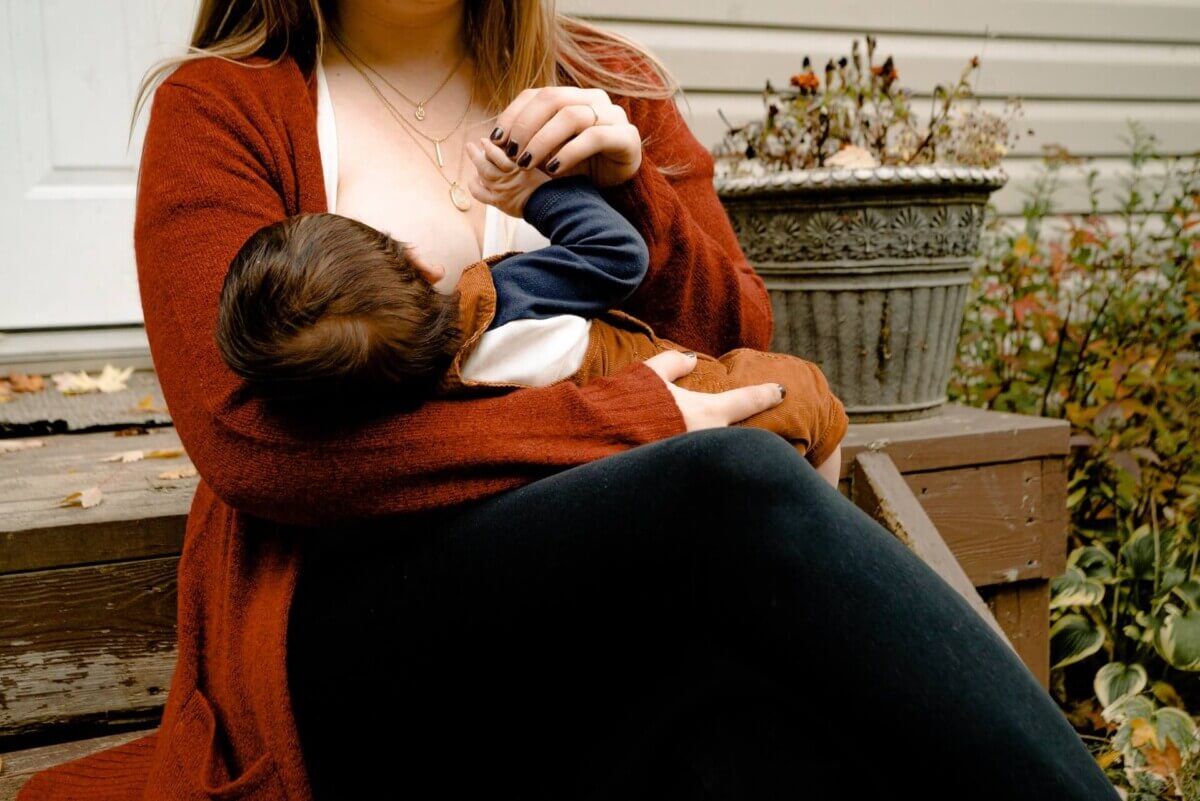
(Credit: Wendy Wei from Pexels)
ROCHESTER, N.Y. — In a welcome change of pace, researchers from the University of Rochester are offering up some good coronavirus news. Their study indicates that COVID-infected breastfeeding mothers don't transfer SARS-CoV-2, the virus causing COVID, through their breast milk. That in and of itself is welcome news, but study authors also report that COVID antibodies appear to pass from mother to child during feedings as well.
Researchers analyzed a collection of 37 milk samples submitted by 18 COVID-positive women during this project. Not a single one of those samples showed any signs of carrying the coronavirus. However, close to two-thirds did contain two types of COVID-19 antibodies.
Importantly, this research makes the case that new mothers testing positive for COVID don't need to quarantine from their babies. That question has confounded doctors and scientists alike for the past year. Many maternity wards all over the world have been unsure about how to address such situations. These findings will hopefully provide some clarity.
“We only want to sequester a mother from her baby if it's medically necessary,” says co-investigator Bridget Young, Ph.D., assistant professor in the Department of Pediatrics at URMC, in a university release. “However, the issue was very confusing for practitioners who don't have sufficient evidence. These early results suggest that breast milk from mothers who have had a COVID-19 infection contains specific and active antibodies against the virus, and that they do not transfer the virus through milk. This is great news!”
What's in the milk that helps fight the virus?
This study is only an initial report of the project's findings. Researchers are expecting to publish a more extensive release in the coming months.
“We found high levels of IgA - a common antibody in blood and other body fluids - in their breast milk. igA's migrate in mucosal transfer, therefore this is encouraging information that mothers transfer these antibodies,” explains Mark Sangster, PhD, a research professor in the Department of Microbiology and Immunology who measured antibody assay levels among the milk samples.
“This work needs to be replicated in larger cohorts. Additionally, we now need to understand if the COVID-19 vaccine impacts breast milk in the same way,” Young concludes.
The study is published in mBio.










